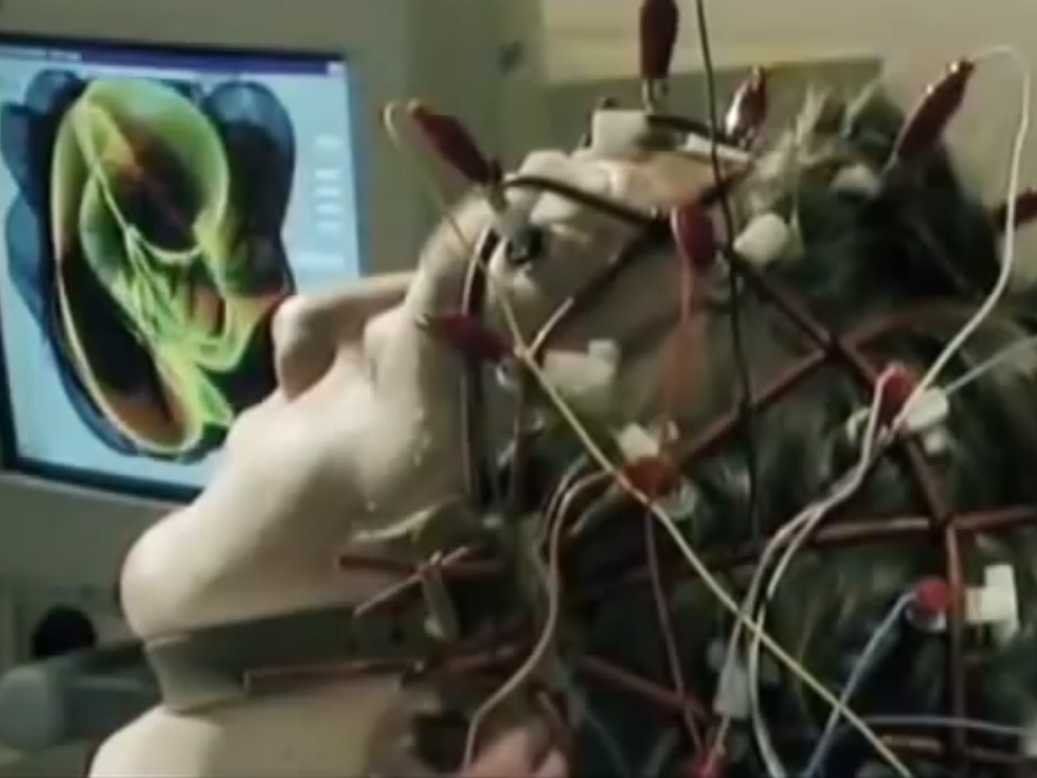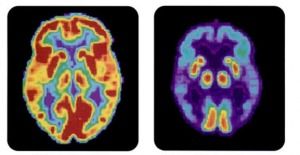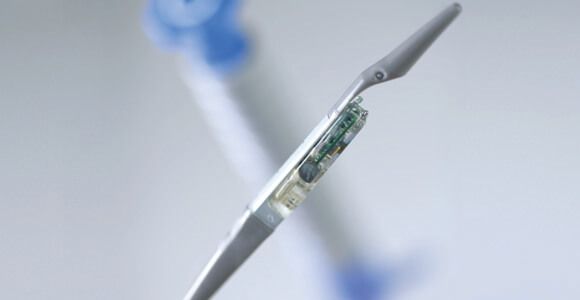 To think about the existential prospects that lie ahead for Humanity 2.0, or Homo futura, imagine yourself in 1900 faced with two investment opportunities for the future of personal human transport: on the one hand, a specially bred – that is, genetically modified – horse; on the other, a mass-produced automobile. Which prospect would you pursue?
To think about the existential prospects that lie ahead for Humanity 2.0, or Homo futura, imagine yourself in 1900 faced with two investment opportunities for the future of personal human transport: on the one hand, a specially bred – that is, genetically modified – horse; on the other, a mass-produced automobile. Which prospect would you pursue?
The horse has been long a reliable mode of transport, whose strengths and weaknesses are well known. A faster horse may require greater skill to handle and more feed that produces more manure. But your society is already equipped to deal with those consequences. In contrast, the automobile is a new technology, albeit one that has already shown that it can equal and even surpass the horse in terms of speed and durability under a variety of conditions. However, the automobile brings its own distinctive cost-benefit calculus, as its future improvement would very likely involve both greater enclosure of the traveller and greater pollution of the environment. In the long term, the traveller’s relationship to nature would probably need to change quite drastically for the automobile to become dominant.
It is too bad that the state of genetic knowledge was not sufficiently advanced in 1900 to turn this into a real choice. Instead the horse easily appeared a less attractive long-term bet, as it was generally presumed that the upper limits of the creature’s performance had been already reached. In that case, the indefinite continuation of horse-drawn personal transport could only be defended by those who had a principled objection to mechanical transport, a position perhaps grounded in a nostalgic view of humanity’s oneness with nature. But even these people could not deny the proven effectiveness of ships and trains as machines of mass conveyance. In short, the horse was doomed. The market for personal transport underwent what Joseph Schumpeter called ‘creative destruction’. Henry Ford effectively made it worthwhile for consumers to reorganize their value priorities in a way that quickly resulted in the automobile, rather than the horse, setting the standard of personal transport.
The twenty-first century may offer us a choice rather like that of our hypothetical 1900 decision between horse and car. But now the choice would be between two different ways of continuing the human condition – alternative vehicles, as it were, to convey our existence. One involves genetically modifying ourselves and the other involves transcending the bodies of our birth altogether. These two options represent the two rather opposing directions in which contemporary transhumanism is heading.
Continue reading “The fork on the road for Homo Futura” »







 , thinks he is making history. On Saturday, his restaurant Kolonial announced that its patrons can pay in bitcoins instead of rupees, thus laying claim to the title of being India’s first eatery to accept the new-age currency. “Right now, people are a bit sceptical about bitcoins, but it’s going to become big. I am testing the waters,” said Thadani, 30, who is a bitcoin owner and a host to several bitcoin meetups at Kolonial.
, thinks he is making history. On Saturday, his restaurant Kolonial announced that its patrons can pay in bitcoins instead of rupees, thus laying claim to the title of being India’s first eatery to accept the new-age currency. “Right now, people are a bit sceptical about bitcoins, but it’s going to become big. I am testing the waters,” said Thadani, 30, who is a bitcoin owner and a host to several bitcoin meetups at Kolonial.







